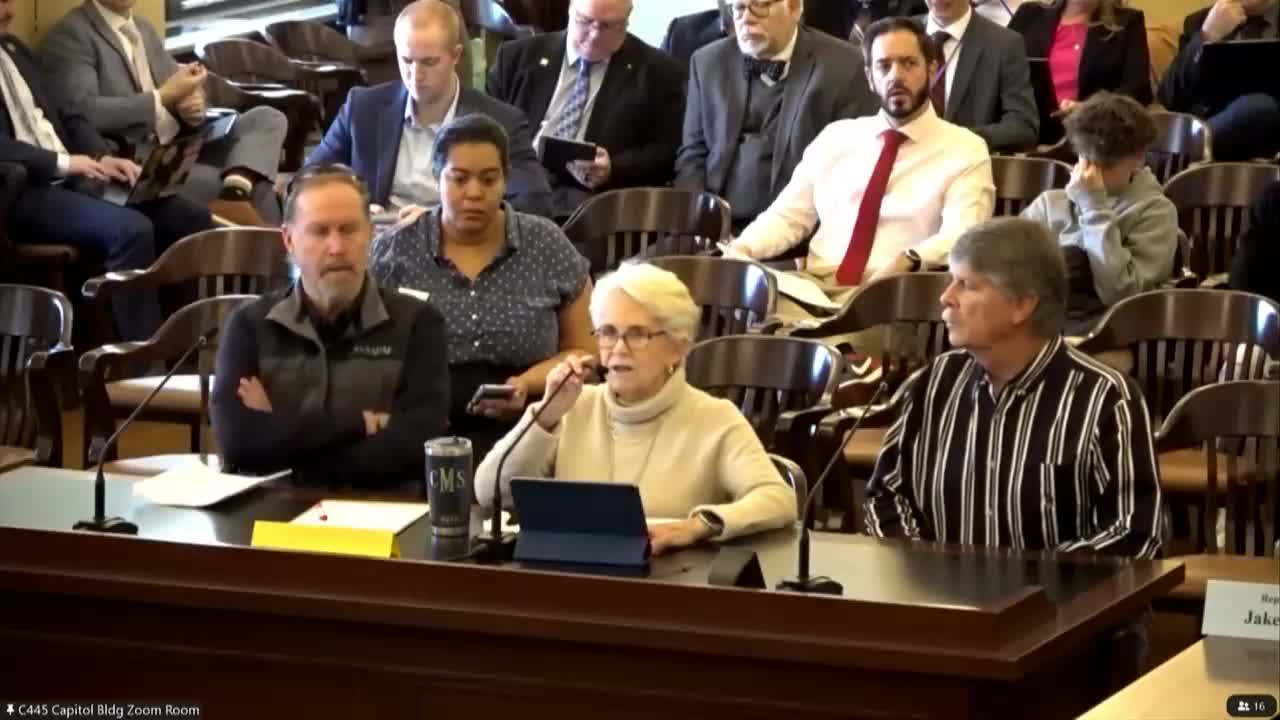Article not found
This article is no longer available. But don't worry—we've gathered other articles that discuss the same topic.
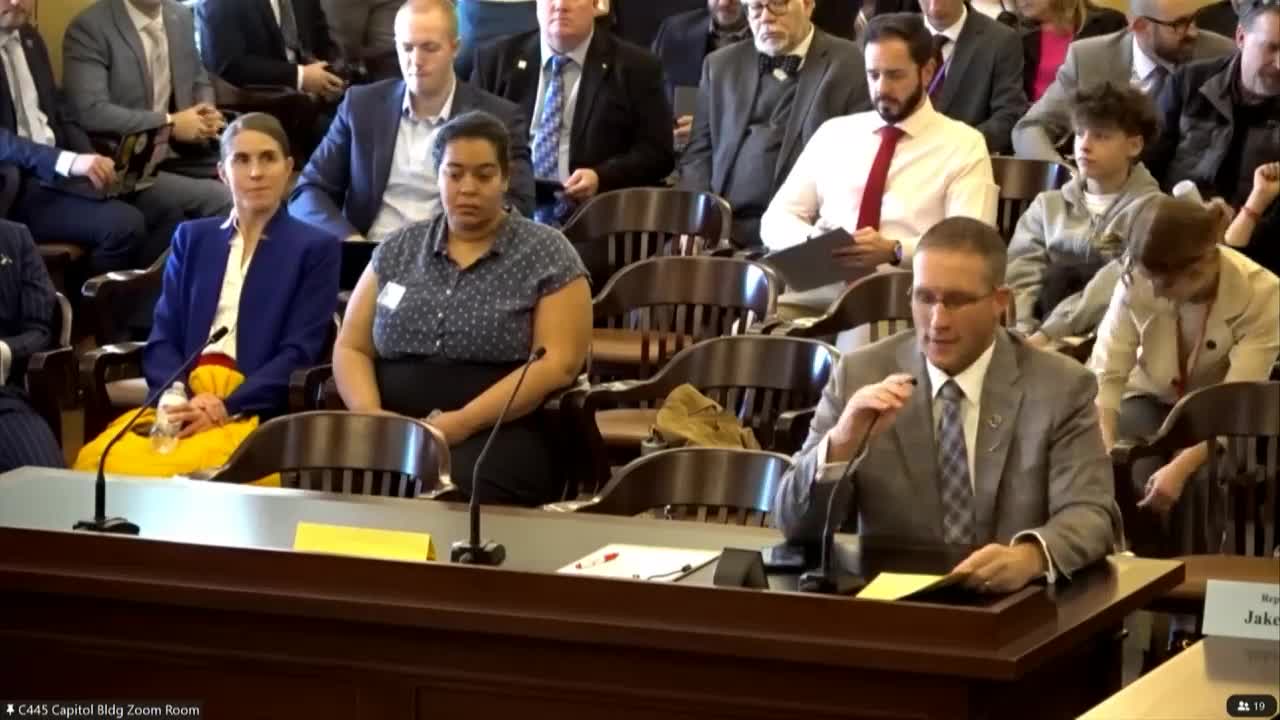
Panel approves HB 58 to set qualifications for building officials, add commission duties
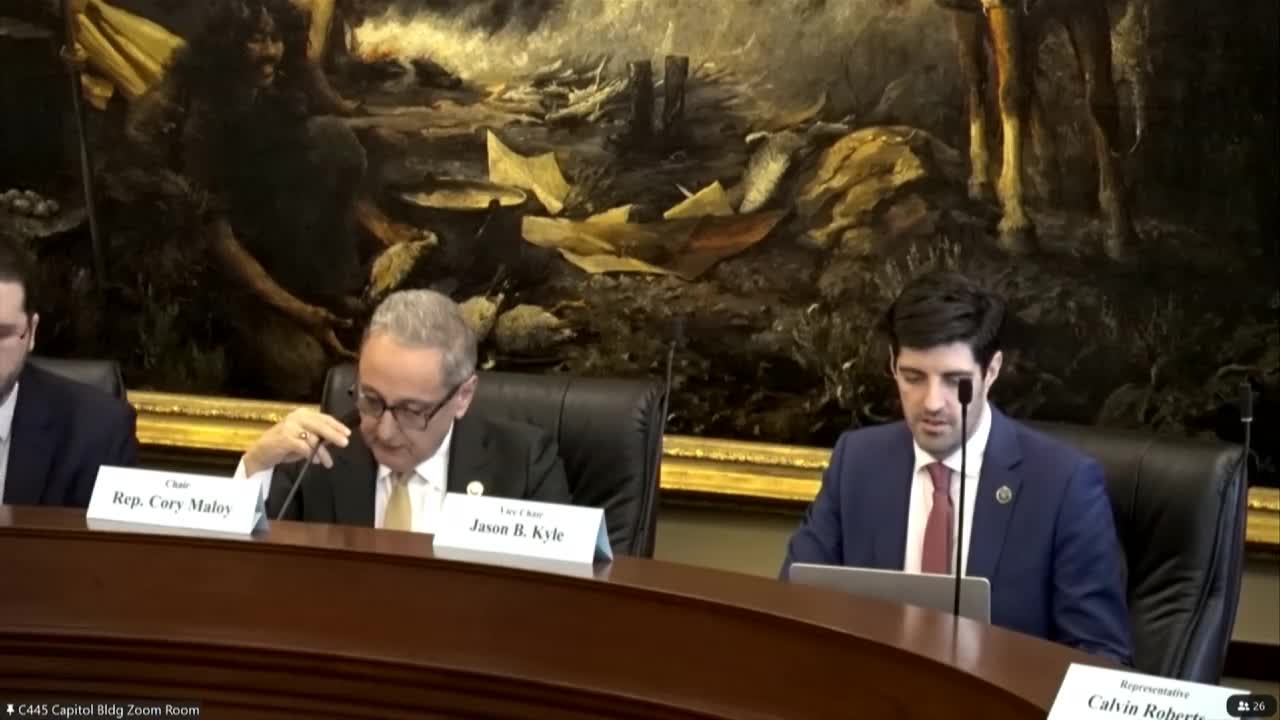
Committee adopts substitute for HB 19 to route serious child-labor complaints to DPS SBI
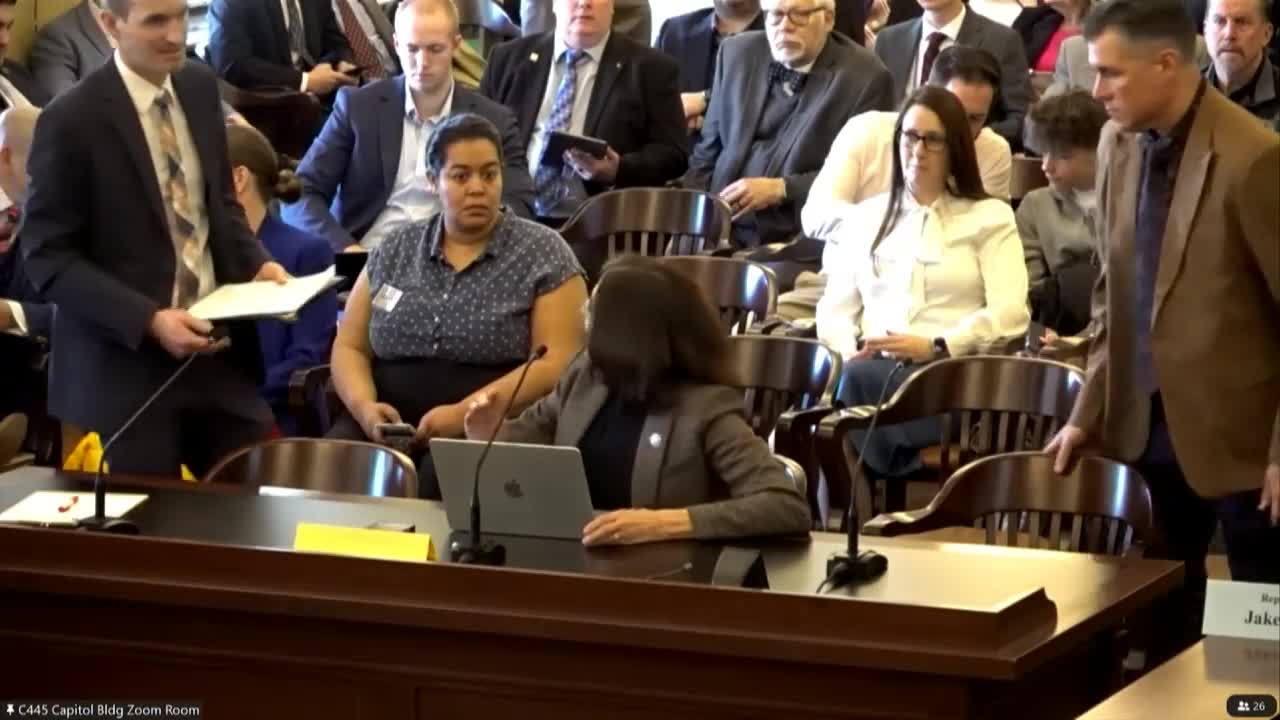
Committee backs HB 99 to curb mortgage 'trigger lead' solicitations after credit checks
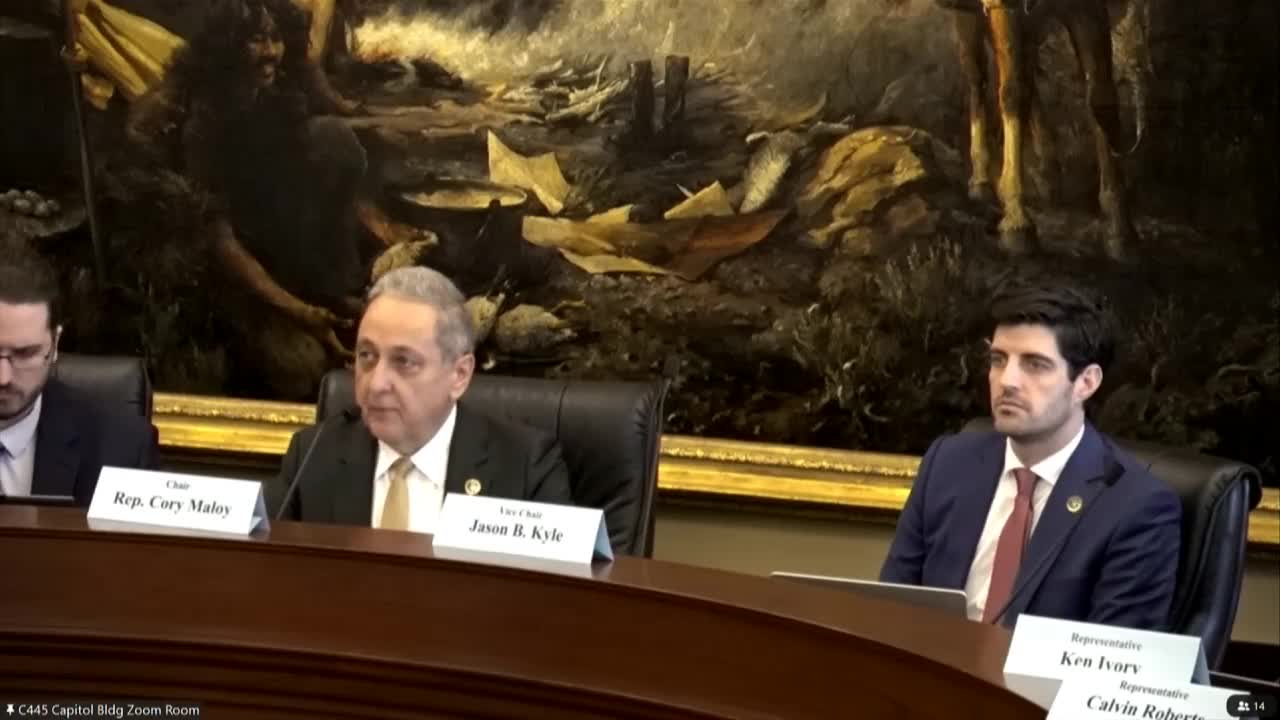
Committee sends HB 114 forward after debate over use of 'architect' and public-safety implications
